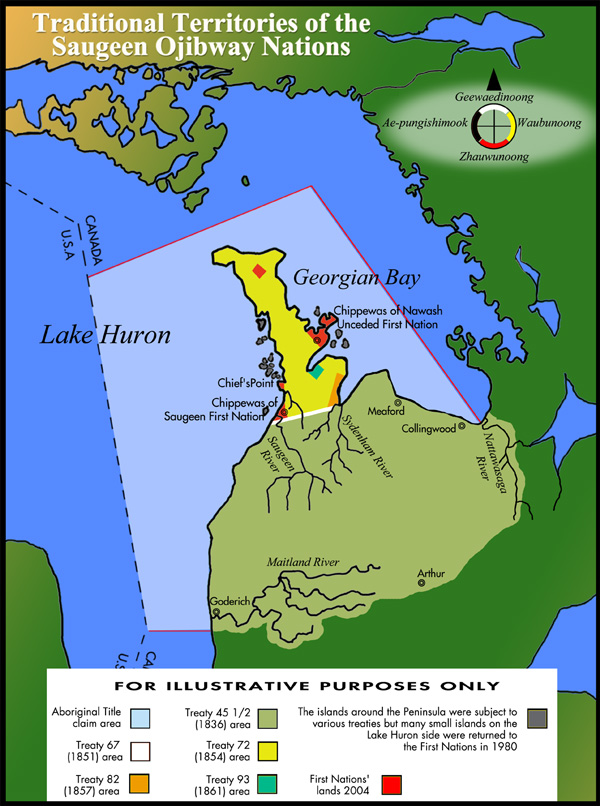About Policy
The SON Environment Office, in its work with the environment and in its dealings with government, will sometimes spot the need for comment on policy – particularly government policy and legislative initiatives. This page will hold our policy statements. The most recent are at the top. Click on the Brief’s name to download.
Is the Federal Government’s Rights Framework a new start? No – our policy brief.
(January 2019) Although it looks as though the Liberals’ Recognition and Implementation of Indigenous Rights Framework will be postponed, it is worth comment. This briefing note looks at the language in the Framework to see if it corresponds with the Government’s stated intention to implement the UN Declaration on the Rights of Indigenous Peoples (UNDRIP). Then it looks at two Bills currently (as of January 2018) in the Senate and close to passing into law.
Bill C-68 revitalizes the Fisheries Act after it was gutted by the Conservatives under Mr Harper.
Bill C-69 is an omnibus bill. It presents the Impact Assessment Act (which replaces the Canadian Environmental Assessment Act). It establishes the Energy Regulator (which will replace the National Energy Board). It presents a renewed Canadian Navigable Waters Act ( a rewrite of the Harper-era Navigation Protection Act). The Impact Assessment Act and the way in which the Energy Regulator will operate are windows into how the federal government will relate to First Nations on the ground.
We look at these two Acts to see if the federal government is serious about implementing the free, prior and informed consent that is at the heart of UNDRIP. In other words, we look at Bills C-68 and 69 to discover if their intentions, as stated in the Rights Framework, are realized in legislation that is about to become law.
We find that they are not. Here is the summary from our brief:
The Framework has problems all its own. Many of those described above have been identified by commentators such as Russell Diabo, Hayden King and Shiri Pasternak from the Yellowhead Institute, BC Chiefs with Mary Ellan Turpel-Lafond in a letter to the Prime Minister and Sara Mainville from Olthuis Kleer & Townshend.
In spite of the federal aspirations expressed in the Framework, Bills C-68 and C-69 demonstrate that the Crown will likely maintain control at every turn. They show that in the way Provincial jurisdiction is allowed to circumscribe First Nations’ rights; and in the broad discretionary and enforcement powers they give to the Minister; and the way they continue the status quo. It’s business as usual under the new legislation.
In other words, the federal government can talk the reconciliation talk but it can’t walk the legislation walk. A quick search reveals no mention of UNDRIP in either Bill; and FN consent is required in only one, very limited context – a pipeline through a reserve.
This a cultural problem as much as a legal problem: the Crown may not have the legal means to put into effect a true nation-to-nation relationship as First Nations envision it. Attempts continue to collapse under the weight of “cooperative federalism” in which First Nations are seen as an order of government somewhere beneath the Provinces.
That way of governance allows the Provinces veto over the expansive definition of rights that First Nations carry in their culture. In a word, ‘Anookiiwin’ which, for Basil Johnston, meant all the rights, including human rights, you need to make a living.
Relationship with Historic Saugeen Métis: Saugeen Ojibway Nation Chiefs
(October 2018) The Chiefs have sent a letter to the group known as Historic Saugeen Metis (HSM), who have been asserting rights in SON’s Traditional Territory. We believe HSM’s claims are in error, have notified them of our opinion, and invite them to prove their claims in court, as SON has done, many times. An excerpt from the letter follows.
SON holds exclusive Aboriginal and Treaty Rights across the vast majority of the lands and waters of our Traditional Territory. We recognize shared rights near Goderich where our Territory overlaps with the territories of the Aamjiwnaang First Nation, Bkejwanong Territory (Walpole Island First Nation), and the Chippewas of Kettle and Stony Point. We are also willing to recognize shared rights near Collingwood where our Territory may overlap with the territories of the Beausoleil First Nation, the Chippewas of Rama First Nation and the Chippewas of Georgina Island. Apart from these areas of shared interests, however, SON considers itself the only rights-bearing Aboriginal group in our Territory.


